Tensions within Bangladesh's political landscape escalated as divisions emerged among key leaders of the Bangladesh Nationalist Party (BNP) regarding an anti-India campaign initiated by party members.
Following BNP leader Ruhul Kabir Rizvi's symbolic gesture of discarding an Indian shawl and endorsing a boycott of Indian products, dissent within the party came to the forefront. Another senior BNP figure, Gayeshwar Roy, distanced himself from the new strategy aimed at destabilizing the ruling Awami League government.
However, BNP Standing Committee member Amir Khosru Mahmud Chowdhury shed light on the controversy during an Eid gathering at his residence in Chittagong. Khosru clarified that the movement to boycott Indian products was not a political agenda of the BNP but rather a social movement involving certain party leaders.
Khosru emphasized growing public discontent with the Awami League's governance, citing economic hardships and soaring commodity prices. He accused the ruling party of mismanagement and criticized their handling of the country's economy.
The anti-India campaign gained international attention, drawing a response from Delhi's South Block, which commented on Rizvi's gesture. Former Indian ambassador Jayant Prasad highlighted Bangladesh's stance on Kashmir during Khaleda Zia's tenure as prime minister.
While some BNP leaders supported Rizvi's actions, Gayeshwar Chandra Roy, a member of the party's standing committee, expressed skepticism about the campaign's effectiveness. Roy suggested that boycotting travel and trade with India could prompt the Indian government to pressure the Awami League to relinquish power.
During a discussion at the National Press Club, Roy elaborated on the financial implications of visa applications and cross-border travel, questioning the feasibility of the boycott strategy.
The BNP's internal discord reflects broader political tensions in Bangladesh, with the party grappling with divergent views on addressing governance issues and relations with neighboring countries. As the debate unfolds, the political landscape in Bangladesh remains volatile, with the BNP facing challenges in articulating a unified strategy.



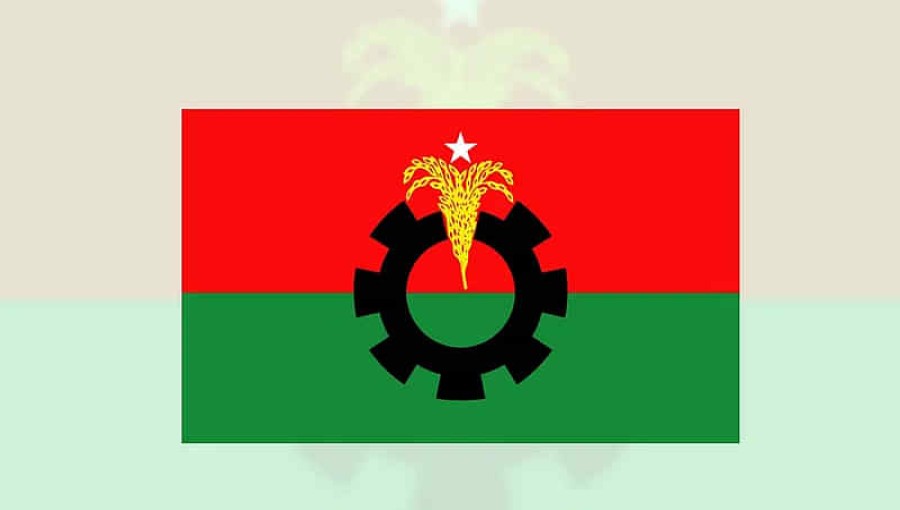

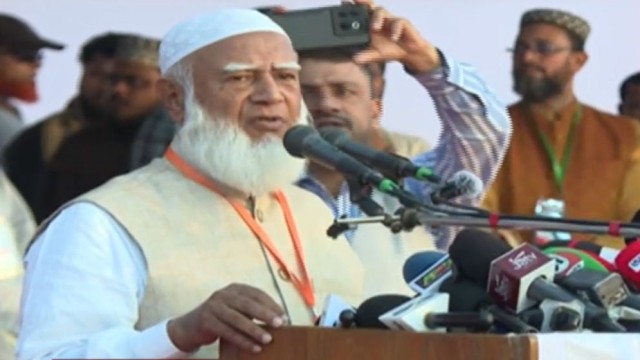
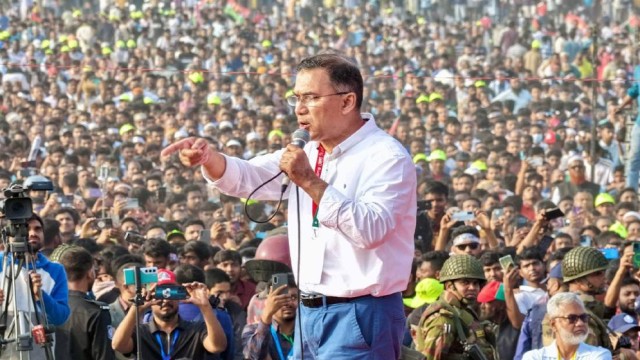
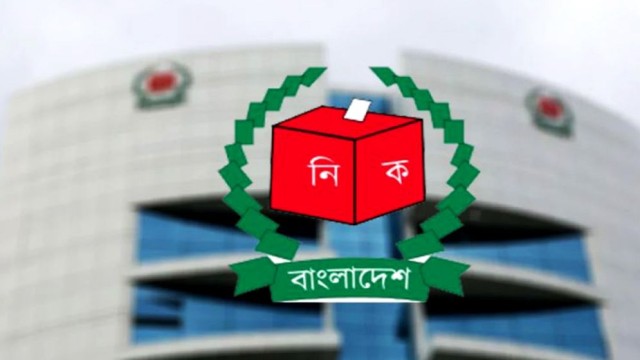
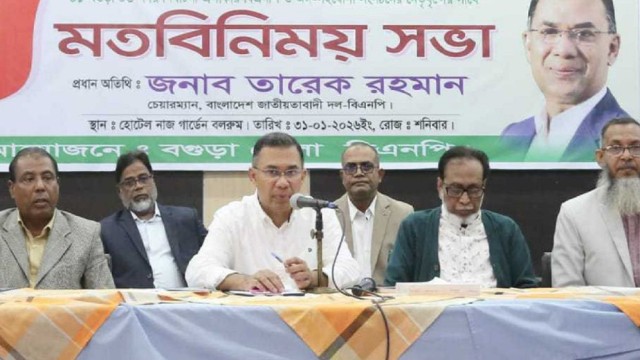
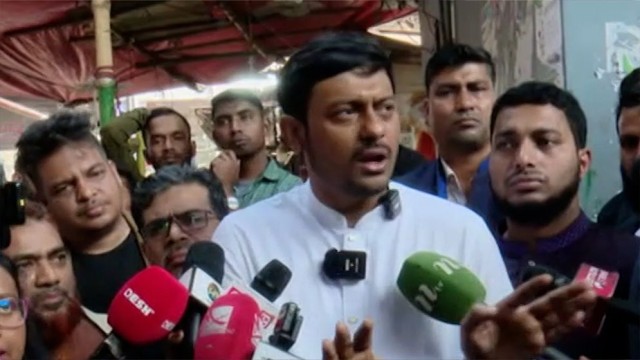

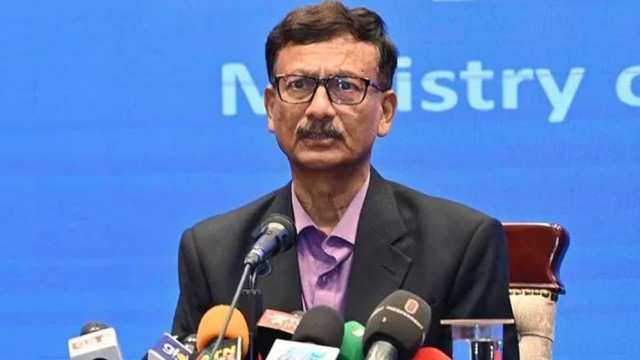

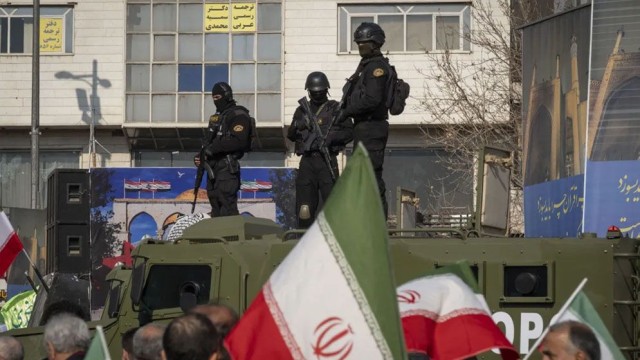
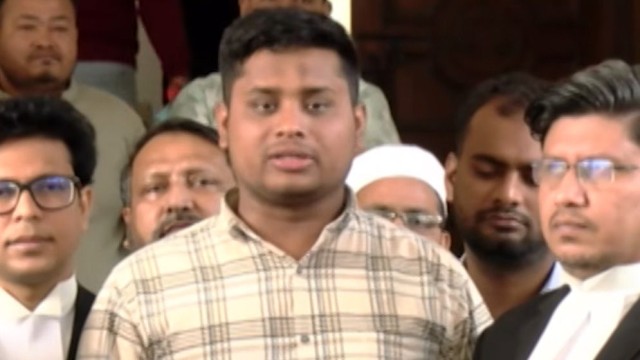
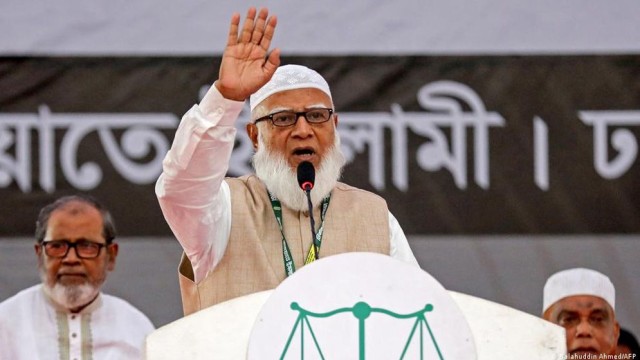
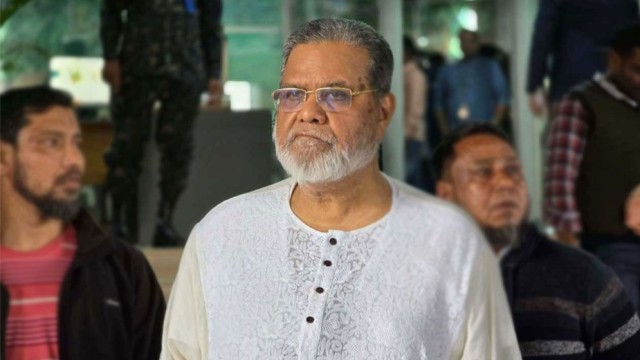







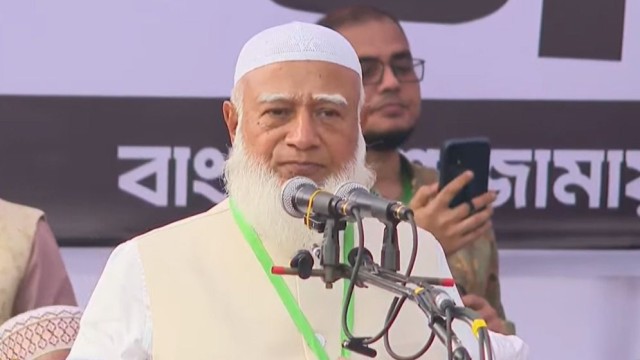
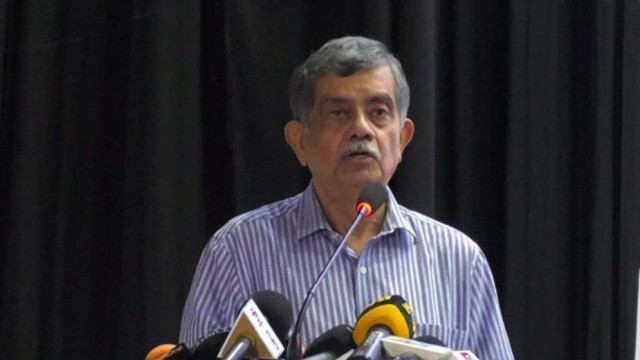
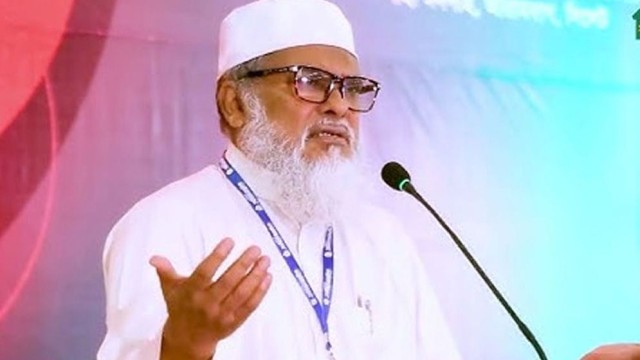
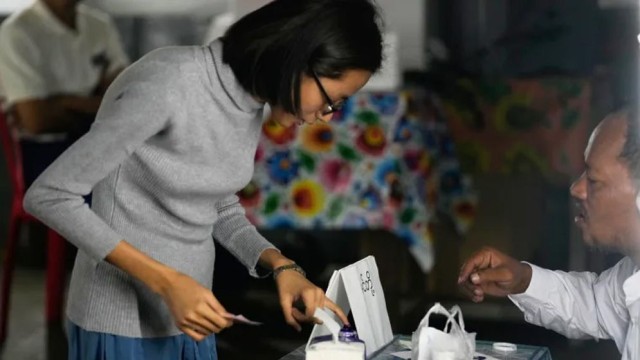
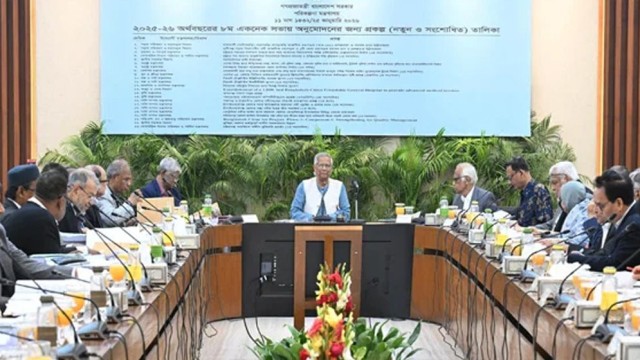
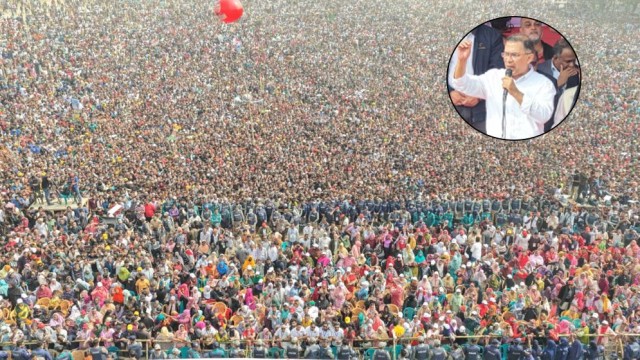
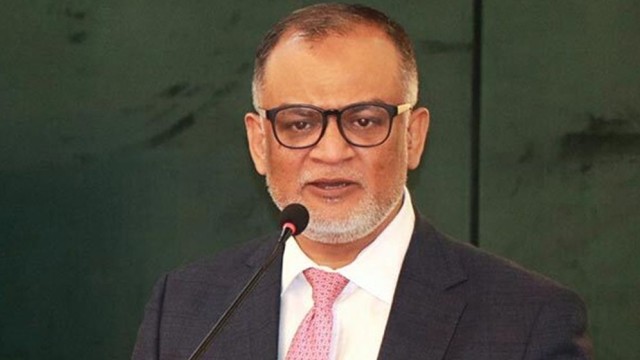
Comment: